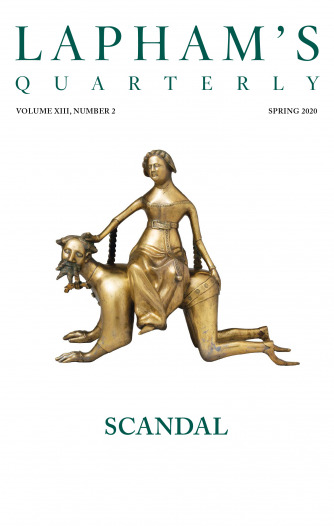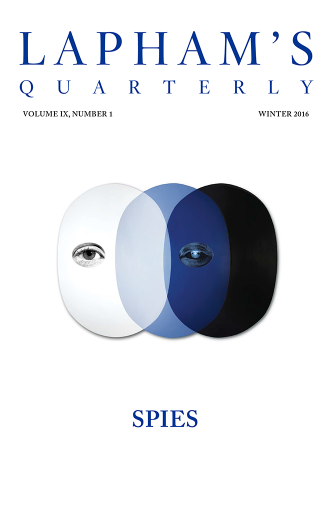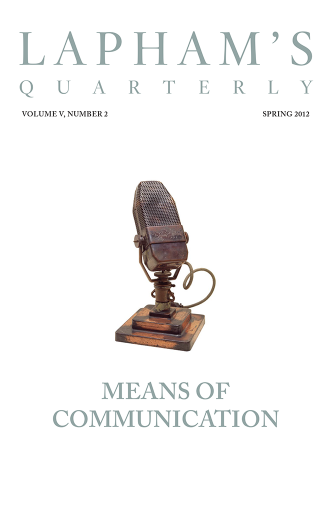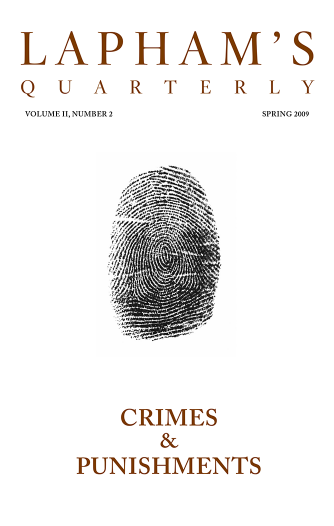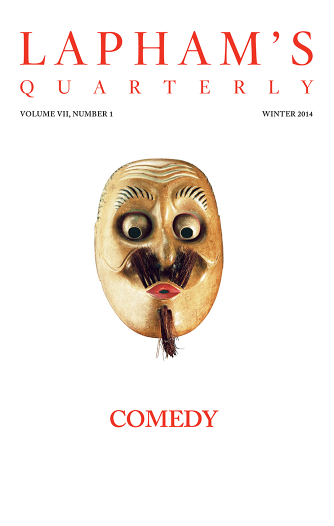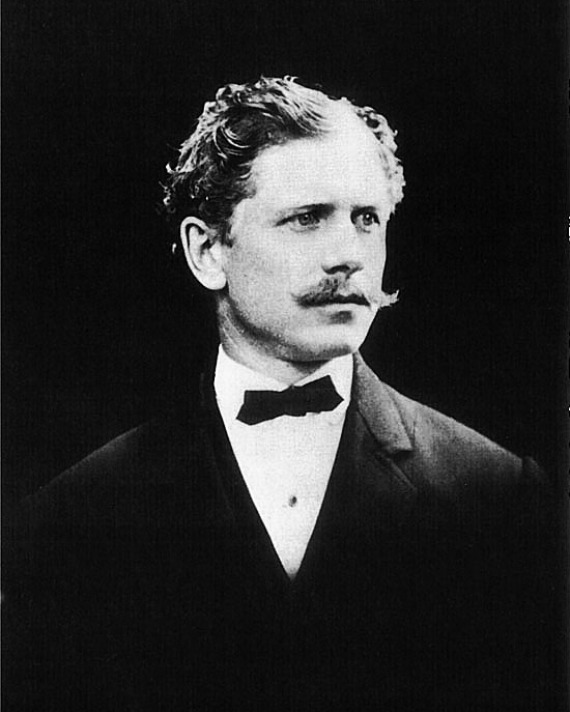
Ambrose Bierce
(1842 - c. 1914)
A prolific newspaperman for decades, Ambrose Bierce began to publish entries to his Devil’s Dictionary in 1881, and contradicted the editorial policy of his employer William Randolph Hearst by condemning the Spanish-American War in 1898. Before traveling to Mexico in 1913 to potentially lend a hand in Pancho Villa’s revolution, Bierce wrote in a letter to his niece, “If you hear of my being stood up against a Mexican stone wall and shot to rags, please know that I think that a pretty good way to depart this life.” He was never heard from again.
